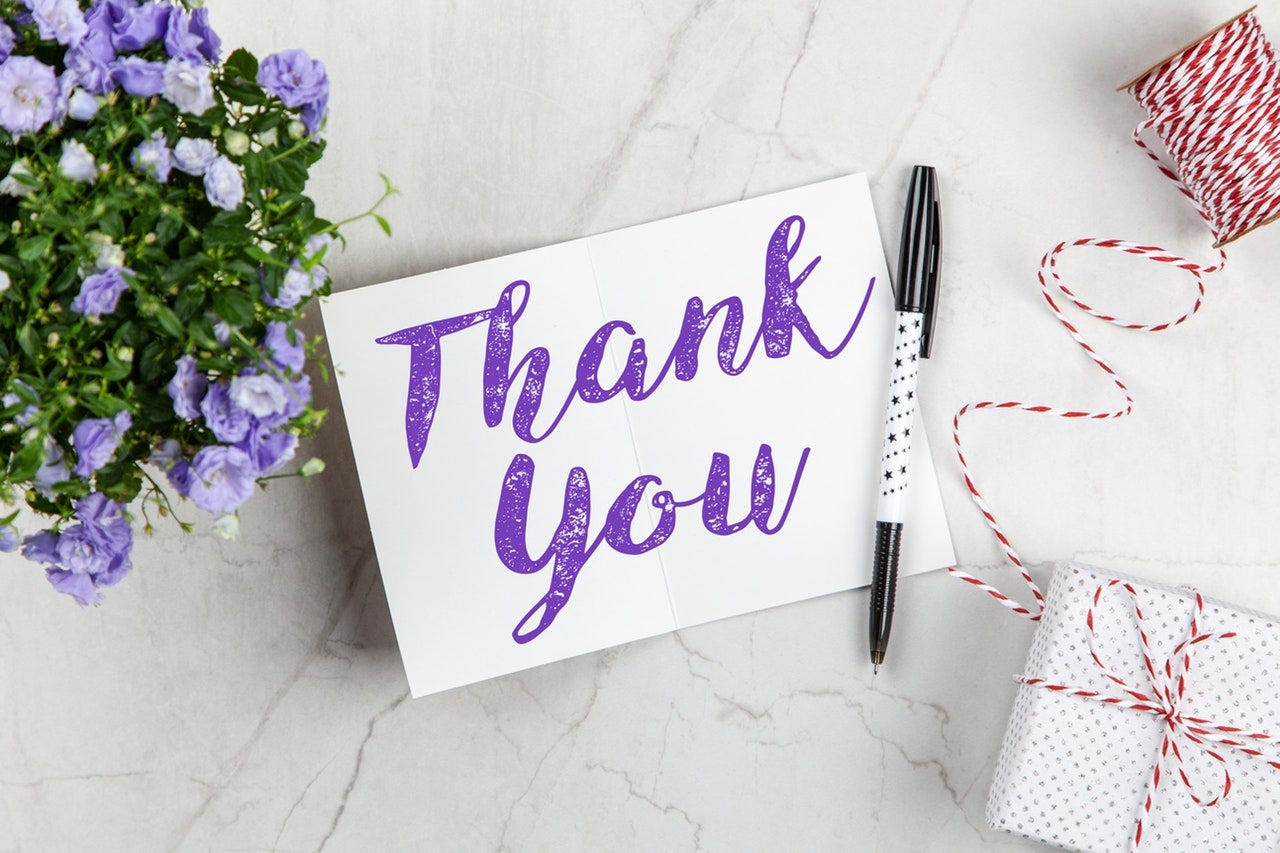
Risk Taking Can Unlock Your Fullest Potential
Risk Taking Can Unlock Your Fullest Potential
Taking risks in life is essential for living it, at its fullest. Most of us believe that taking a chance is something associated with our early years of life when we did not have much to risk. When you don’t have a family, don’t have responsibilities for others, you have plenty of time to waste on taking chances with your life.
People prefer risks at an early age because they want to play it safe when they have families later in life. John A. Shedd says, “A ship in harbor is safe, but that is not what ships are built for”.
Just as a ship can’t reach a destination by staying in the harbor, we as humans can’t reach the dawn of our destiny by playing it safe. So, it doesn’t matter which age group you belong to, or what you have to risk taking a chance towards a better life.
All that matters is that you take chances, because it is quintessential for a better life.
“The biggest risk is not taking any risk… in a world that is changing really quickly, the only strategy that is guaranteed to fail is not taking risks.” ~ Mark Zuckerberg
The examples of Kylie Jenner, Mark Zuckerberg and many others who took chances and became a success in their teenage years, are great. However, there are people who started amazing journeys in the second half of their life.
Jimmy Wales founded Wikipedia at age of 35. The founders of McDonald’s, Coca-Cola and Kentucky Fried Chicken established their business when they were above 50.
There is no specific age when it comes to the best time to take risks. It is always a good time to take a chance and that time is NOW.
“No one ever got a trophy for playing it safe.”
Perquisites of Taking Chances
Taking chances and risks are essential to learn and grow. When you take risks, just as success is possible, so is failure. Both are part of the process of learning and growing. When it comes to learning, you learn more from failures than from success. Same is the case of growth. You grow when you fail.
“Taking chances is what makes you learn and grow.”
Risk taking makes you more confident, more innovative and more successful. Every time you take a chance it adds value to you as a person. You become more productive because you start thinking differently.
There are plenty of ideas and opportunities that come to mind to all of us. Only risk takers can avail of these opportunities. These opportunities can take you to another reality and can turn life upside down for you. Those who don’t take risks, end up only with regrets.
Another benefit of taking chances is that it helps you gain clarity about what you actually want from life. For most people, their goals are not clear. They oscillate between their passion and purpose. Either they pursue their passion and spend their lives regretting having sacrificed their sense of purpose, or the other way around.
“Only by taking chances and putting your own desires and convictions to the test, can you get clear about what is important to you.”
Chances bring freedom. You begin to feel that you can do whatever you wish to do. By pursuing your instincts, you end up inventing and reinventing yourself. If you would spend your whole life doing a 9 to 5 job, you might never know that you have an artist inside you.
You may never discover that you could have been a great event manager. You may never write that book that could help countless lives, without taking a chance on yourself.
“It is quintessential to take chances to get to know yourself.”
How to Overcome the Fear of Risk Taking
The foremost reason for not taking chances is that we are always waiting for some kind of enlightenment towards success. Something that magically changes the course of our lives for the better. But life doesn’t work like that.
“You don’t need to wait for any magic to finally take a chance in your life. You have to be willing to reinvent yourself to experience a magical life.”
We often don’t take chances because of fear of the risks. As we get older, we have even greater fears of failure, because there is much more at stake. All these fears are created by our mind because most of us are more concerned with outcomes, rather than growing and learning.
All you need to do, is overcome these mental barriers. The best way to do that is to figure out your fear and create a mantra for yourself that can re-program your mind.
You may want to take a chance at something new, but are surrounded by multiple fears like: what would happen if you fail; what others would think about your failure; what are you putting at risk.
My advice to you is to listen to your inner voice and do what you want to do without overthinking the outcomes.
“There are no failures in life, only lessons and growth opportunities — but they only come to the bold willing to take risks.”
Trust yourself while taking chances. Henry Ford’s phrase explains it perfectly “Whether you think you can, or you think you can’t, You’re right.”
Override all doubts and trust yourself that you can get better than what you have to put at risk. Your trust in yourself can take you to a better reality.
This is the case with Bo Berg who is 54. Bo was recently a life coach guest of my podcast Rant & Grow. Bo hasn’t taken many chances in his life because he has been putting his family first.
This came with some perceived sacrifice, but he got a lot of personal growth and learning out of the decision to pursue a higher purpose. Some of the chances he did take, were forced on him at an early age, and others he managed on his own. Every one of them turned into growth opportunities and a sense of personal freedom.
In my coaching session with Bo, we uncovered how to overcome his fear to reinvent himself for his life’s second act. The kids are older, the marriage ended, the 18-year career ended as well. Now what is he going to do? Will he take risks to discover more about himself?
I’d like to invite you to listen to our coaching session. If you’ve been sitting on the fence about taking a chance in your life, you’ll find some tools and motivation in this podcast episode, to move forward. Just click on the play button to listen to the podcast right here.







Recent Comments